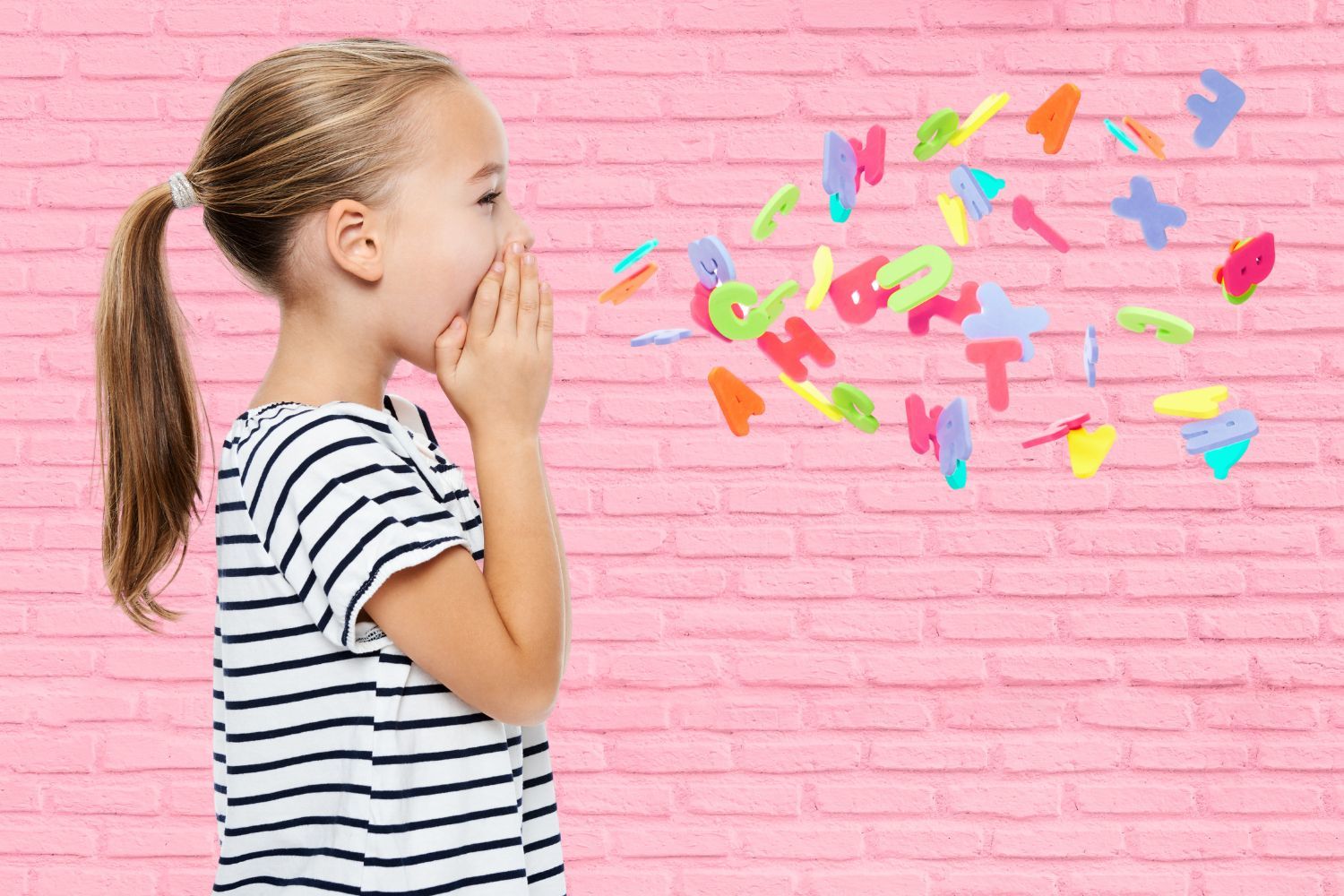Speech and language development is an essential part of childhood, shaping how children express themselves, interact with others, and learn about the world. While every child progresses at their own pace, there are typical milestones that can serve as helpful guidelines for parents and caregivers. Understanding these milestones can help identify when a child is on track and when extra support may be needed.
Key Speech and Language Milestones
0-6 months: Babies start communicating from birth! They coo, gurgle, and experiment with different sounds. By around three months, they may begin to turn towards voices, respond to familiar sounds, and make noises in response to attention.
6-12 months: Babbling becomes more varied, with sounds like “ba-ba” and “da-da.” Around this time, babies also start recognising their name, responding to simple words like “no” or “bye-bye,” and using gestures like waving or pointing. Some will say their first words by their first birthday.
12-18 months: At this stage, children typically say around 5-20 words and begin to imitate simple words they hear. They also start understanding more than they can say, following simple commands like “come here” or “give me the ball.”
18-24 months: This is an exciting stage as vocabulary grows quickly! Toddlers start putting two words together (e.g., “more milk,” “big dog”) and can point to common objects when named. They understand more complex instructions, such as “bring me your shoes.”
2-3 years: Speech becomes more structured, with toddlers forming simple sentences of 3-4 words (e.g., “I want cookie”). Their vocabulary expands to about 50+ words, and they can answer simple questions like “What’s your name?” Although their speech is becoming clearer, they may still mispronounce certain sounds.
3-4 years: Children now use longer, more complex sentences and can hold short conversations. They start telling simple stories and asking lots of “why” and “how” questions. By this stage, most of their speech should be understood by familiar listeners, although they might still struggle with tricky sounds like “r” and “th.”
4-5 years: At this stage, speech is mostly clear to unfamiliar listeners, and children can use correct grammar in sentences. They can talk about past and future events, express emotions clearly, and follow multi-step directions.
When to Seek Help
While some variation in speech and language development is normal, parents and caregivers should consider seeking support from a speech pathologist if:
-
A child is not using any words by 12-15 months.
-
They are not putting two words together by 24 months.
-
Their speech is difficult to understand by age 3.
-
They seem frustrated when trying to communicate.
-
They struggle to follow simple directions.
-
They have limited eye contact or show little interest in social interactions.
Early intervention is key! If you’re concerned about your child’s speech or language skills, consulting a speech pathologist can provide guidance and support. With the right strategies and encouragement, children can develop strong communication skills that set them up for success in school and beyond.
